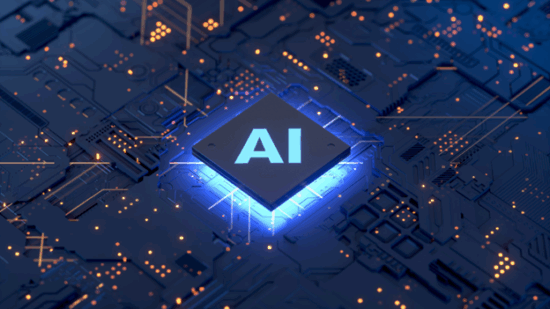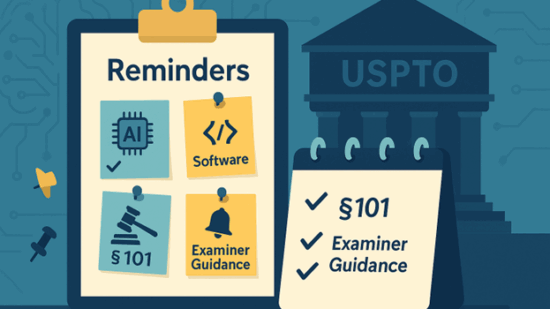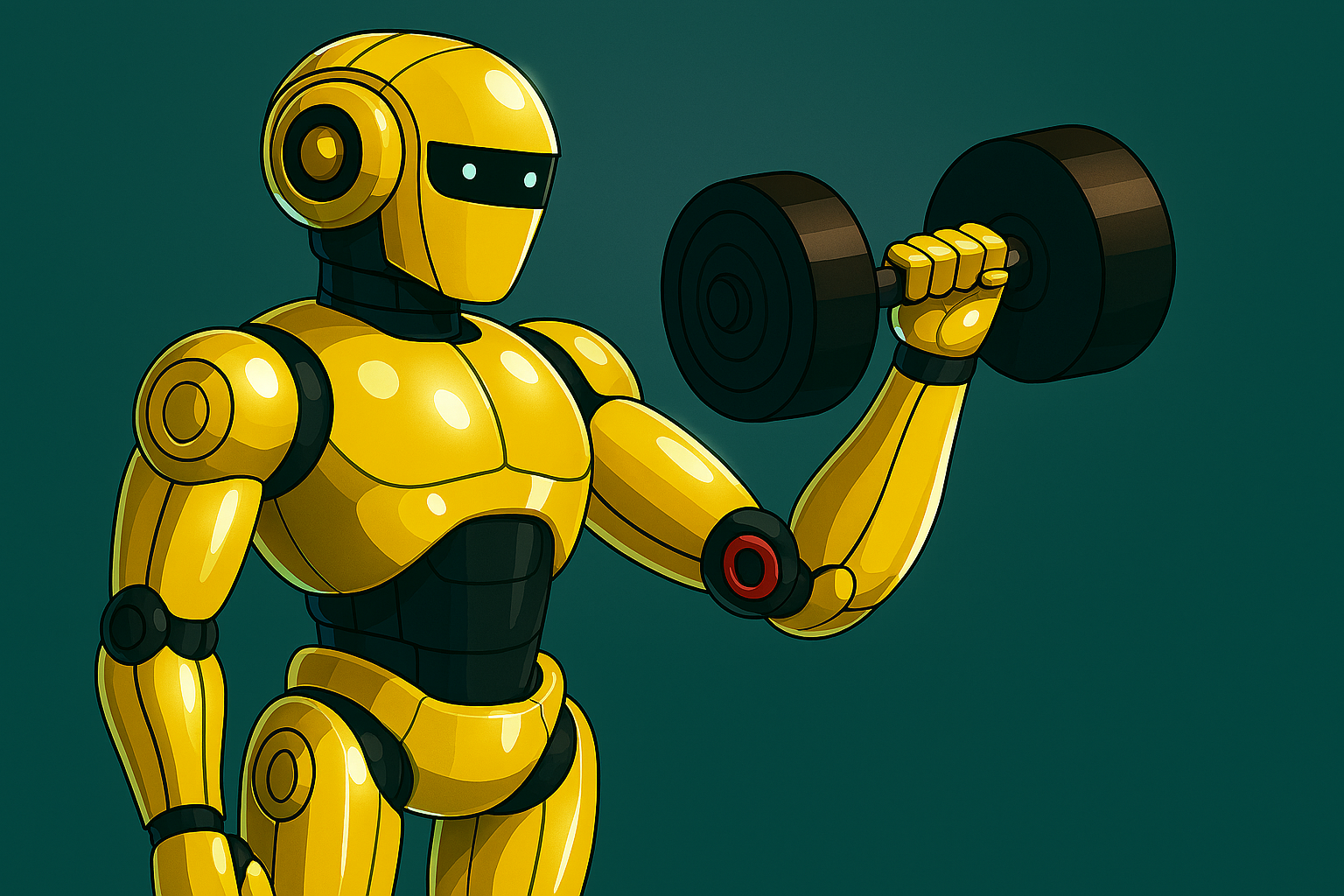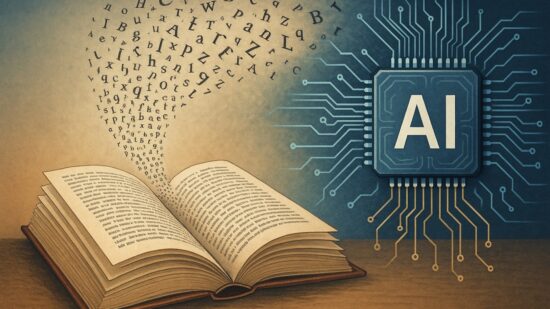PatentNext Summary: Announcing the IPO’s AI Patenting Handbook V3.0, which is a newly updated third edition of IPO’s practical guide for attorneys working with AI-related inventions and technologies. It offers a clear framework for understanding modern AI (including foundation models and generative AI), drafting and prosecuting stronger AI patent applications, and navigating enforcement, global practice, and emerging AI inventorship and governance issues—designed as a day-to-day reference for in-house and outside counsel.
Continue Reading Artificial Intelligence (AI) Patenting Handbook: Version 3.0












